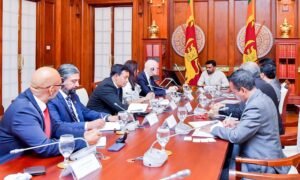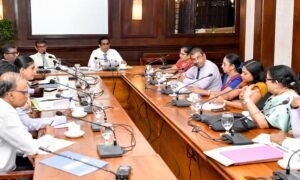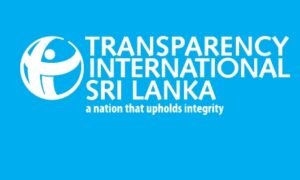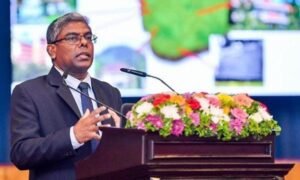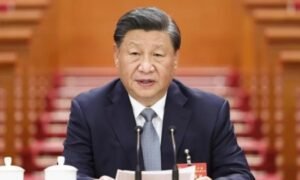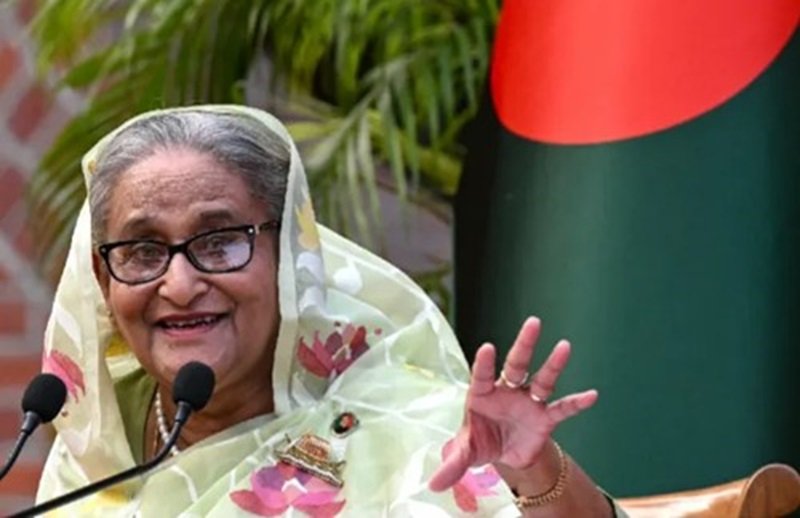
Hasina’s departure appears to have defused the high tension in Dhaka, where more deadly protests were feared on Monday.
Bangladesh’s Prime Minister Sheikh Hasina has resigned and fled the country following weeks of deadly demonstrations against her government. The removal of Hasina on Monday followed weeks of deadly protests and appears to have averted the threat of further bloodshed. The focus now moves to who will control the South Asian country.
In an address to the nation, army chief General Waker-Uz-Zaman announced that an interim government will now run Bangladesh and called for calm.
Hasina, who ruled the country for close to two decades, boarded a military helicopter on Monday, an aide told Al Jazeera, as huge crowds ignored a national curfew to storm her palace in Dhaka.
Media reports in India say an aircraft carrying Hasina landed at Hindon Air Base near New Delhi. She was on board a Bangladesh Air Force aircraft which landed at the base in Ghaziabad, India Today news channel reported.
Her resignation came after nearly 300 people died in weeks of protest that the authorities sought to crush. A night of deadly violence on Sunday killed close to 100 and a curfew was called.
On Monday, huge crowds stormed the prime minister’s palace, preventing Hasina from delivering a speech.
At least 20 more people were killed during violence in Dhaka as protesters stormed buildings, a police officer told the AFP news agency.
“We’ve got 20 bodies here,” said Bacchu Mia, a police inspector at Dhaka Medical College Hospital, without giving details of their deaths, although witnesses and other police officers reported mobs launching revenge attacks on rival groups.
Despite the violence, by early afternoon, the mood on the streets had turned to one of celebration after the news of the premier’s departure spread.
Jubilant crowds waved flags, some dancing on top of a tank in the streets, before thousands broke through the gates of Hasina’s official residence.
Bangladesh’s Channel 24 broadcast images of crowds running into the compound, waving to the camera as they celebrated, looting furniture and books while others relaxed on beds.

Wary
Al Jazeera’s Tanvir Chowdhury, reporting from Shahbagh Square – the epicentre of the student protests that began last month – said he has “never witnessed something like this” in the capital.
“Everybody is celebrating, not just students – people from all walks of life. They said this had to happen, there was nothing we could say, democracy was squeezed and now we are free,” Chowdhury said.
The message from the protesters is that whoever comes to power next “will now know that they won’t tolerate any kind of dictatorship or mismanagement and that the students will decide”, he added.
Bangladesh suffered many years of military rule in the 1970s and 80s following the war that secured its independence from Pakistan in 1971, and many are wary of the danger of a return.
Army chief Waker-Uz-Zaman was eager to try to reassure the country. He urged citizens to keep trust in the army, which, he said, would return peace to the country.
“We will also ensure that justice is served for every death and crime that occurred during the protests,” he said, calling on the public to exercise patience and cease any acts of violence and vandalism.
“We have invited representatives from all major political parties, and they have accepted our invitation and committed to collaborating with us,” the general added.
The military has a “very tough job ahead,” Irene Khan, a UN special rapporteur, said.
“We are all hoping that the transition would be peaceful and that there will be accountability for all the human rights violations that have taken place,” Khan told Al Jazeera.
Protests in the country started a month ago over a controversial government job quota scheme. The government responded by shutting down universities and using the police and military to crack down on protesters.
Hasina imposed a nationwide curfew and cut off access to phones and the internet. The protests continued, and the country’s top court ruled that the highly contested quotas should be scaled back from 30 percent to 5 percent, with 3 percent for relatives of veterans.
It came to no avail. The demonstration movement had morphed into an unprecedented and nationwide uprising demanding the resignation of Hasina and accountability for those killed.
“Bangladesh has, of course, an enormous task ahead,” said Khan. “It is not the poster child of sustainable development any more. The previous government had driven this country into despair, and there would be a lot of hard work to do to build it up but most of all I think it’s extremely important that the army respect human rights.”
Crisis Group’s expert on Bangladesh, Senior Consultant Thomas Kean, suggested to Al Jazeera that the army must now ensure security and stability, in order to allow the interim government the chance to start the task of rebuilding democracy.
“The current crisis presents an opportunity to put Bangladesh back on the path of genuine democracy and move beyond the hyper-partisan, winner-takes-all electoral dynamics that have caused so much damage over the past three decades,” he said.
Source: al Jazeera.com



